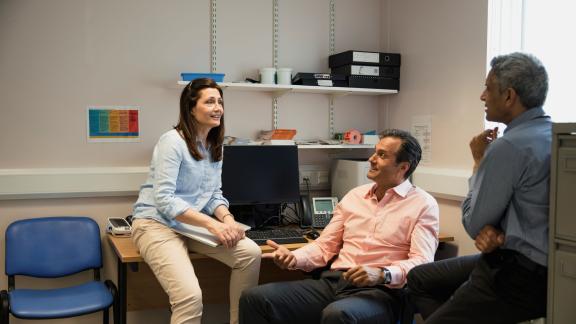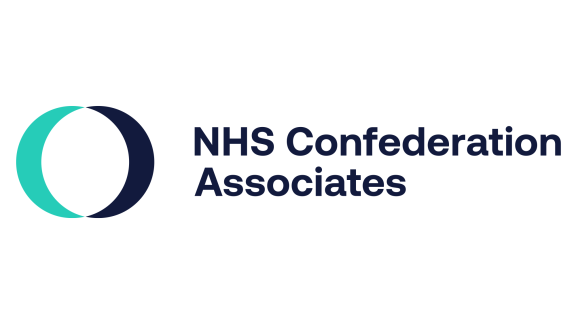Honesty with the public about what is achievable central to healthcare leaders’ priorities for primary care recovery plan

|
Primary care leaders are calling for honesty with the public about what can be delivered with current levels of resourcing, as they outline their priorities for recovery ahead of the publication of the primary care recovery plan. Following the publication of the GP contract for 2023/24, the NHS Confederation is urging that honesty and realism are core priorities in any recovery plan for primary care, and calling on the government to ensure that resourcing and support is in place so that plans are not destined to fail. Leaders view the forthcoming ‘Delivery Plan for Recovering Access to Primary Care’ as a significant step towards putting primary care on a strong footing for the years ahead, and have outlined ten key priorities, but warn that a plan alone is not enough. Ruth Rankine, director of primary care at the NHS Confederation, said: “Healthcare leaders are keen to deliver high quality care for their patients and want to be able to give any recovery plan the best possible chance of succeeding. The priorities they’ve outlined aim to help do that. “They are acutely aware of the scale of the challenges facing primary care, which is why a workable plan for recovery is so essential. Leaders have made clear that for any plan to succeed it must prioritise better collaboration, light touch regulation, and above all support communities to take greater ownership of their health and wellbeing. “There must also be recognition by local systems that primary care isn’t just about general practice but multi-disciplinary team working. There must be acknowledgment that it cannot do everything on its own, and there needs to be honesty with the public about local priorities and what is achievable. In practice this means primary care working with local health and care partners to support patient care and move towards closer integrated delivery at a neighbourhood level.” Like the wider NHS, primary care has been struggling to meet intense demand, having been asked to do more with less in real terms over the past decade, while continuing to tackle the pandemic and its ongoing after-effects. Over 1 million GP appointments were delivered every day in this January alone, of which nearly 70 per cent were face to face, but the staffing crisis in primary care means that one in four GP posts are at risk of being unfilled by 2030/31. Over one in five of the near 9,000 general practice and primary care premises in England are not fit for purpose, and in desperate need of a capital investment boost. Ruth Rankine said: “Leaders know it will be difficult to balance wider ambitions with what is achievable in the face of intense challenges and as such they are also urging the government to be honest with the public about what primary care services can deliver in the face of these demands. “For instance, leaders recognise people’s frustrations around NHS performance, particularly in relation to access to primary care. We know that a major issue for patients is simply getting through to their GP on the phone, which members are working hard to address with the resources available. But there is only so much difference this will make without tackling wider issues, most notably workforce shortages and primary care services plagued by crumbling estates and infrastructure. “To meaningfully recover in the face of increasing demand, primary care must both retain as many staff as possible and have a clear plan – and funding – for the future workforce requirements, as well as have a government pledge to ensure that its estates and infrastructure are made fit for purpose.” The forthcoming primary care recovery plan should act as roadmap and build towards further improvement and integration. Primary care leaders are hoping to see trust and support, economies of scale, workforce, and infrastructure put at the heart of the plan, but warn that honesty with the public about priorities and what is achievable is vital. The NHS Confederation’s Primary Care Network has outlined the ten priorities they hope the forthcoming Delivery Plan for Recovering Access to Primary Care will address. These are:
|
About us
We are the membership organisation that brings together, supports and speaks for the whole healthcare system in England, Wales and Northern Ireland. The members we represent employ 1.5 million staff, care for more than 1 million patients a day and control £150 billion of public expenditure. We promote collaboration and partnership working as the key to improving population health, delivering high-quality care and reducing health inequalities.



